A new dengue vaccine developed by Brazilian scientists is about 80% effective and is expected to be licensed in 2025.
The vaccine trial results, published on February 1 in the New England Journal of Medicine (NEJM), are the result of a multi-year study by the Butantan Institute, which included data from 16 centers in five regions of Brazil. Accordingly, the vaccine is in phase three trials, showing about 80% protection in people who have never had dengue fever and about 89% in people who have had the disease.
The study’s lead author, Esper Kallas, said the five-year follow-up phase of the vaccine will be completed in June. Once the data is compiled, the team will be able to report how long the protection lasts. If all goes well, the team will seek licensing of the vaccine in 2025.
Phase 3 trials of the vaccine began in February 2016 on 16,235 Brazilians, of whom about 10,000 received a single dose of the vaccine and about 6,000 received a placebo.
Preliminary results showed that the vaccine efficacy (VE) at two years was 79.6% in people who had not previously had dengue fever and 89.2% in those who had had the disease. The vaccine was effective against dengue serotypes one and two, but serotypes three and four were not circulating during the study period and were not evaluated.
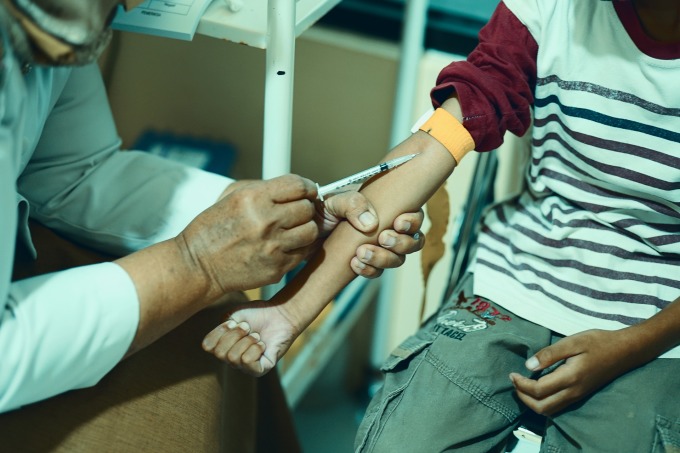
Illustrative photo of people testing dengue vaccine. Photo: Pixabay
Dr. Mauricio Lacerda Nogueira, who participated in the study, said that the vaccine was previously assessed as very safe in people who had never had dengue fever, which is different from other vaccines currently circulating on the market.
There is no specific treatment for dengue fever and it usually clears up after one to two weeks. The disease can cause severe and life-threatening symptoms.
Scientists around the world have been pursuing a dengue vaccine for 75 years. Currently, only two dengue vaccines have been approved and recommended by the World Health Organization (WHO): Dengvaxia (3 doses) and TAK-003 (2 doses). However, Dengvaxia is recommended for use in children and adults aged 9 to 45 who have had dengue, not for those who have not had it because it increases antibody dependence. Therefore, the new vaccine is expected to help the world have more "weapons" against dengue.
Chile (According to Cidrap, Nejm )
Source link


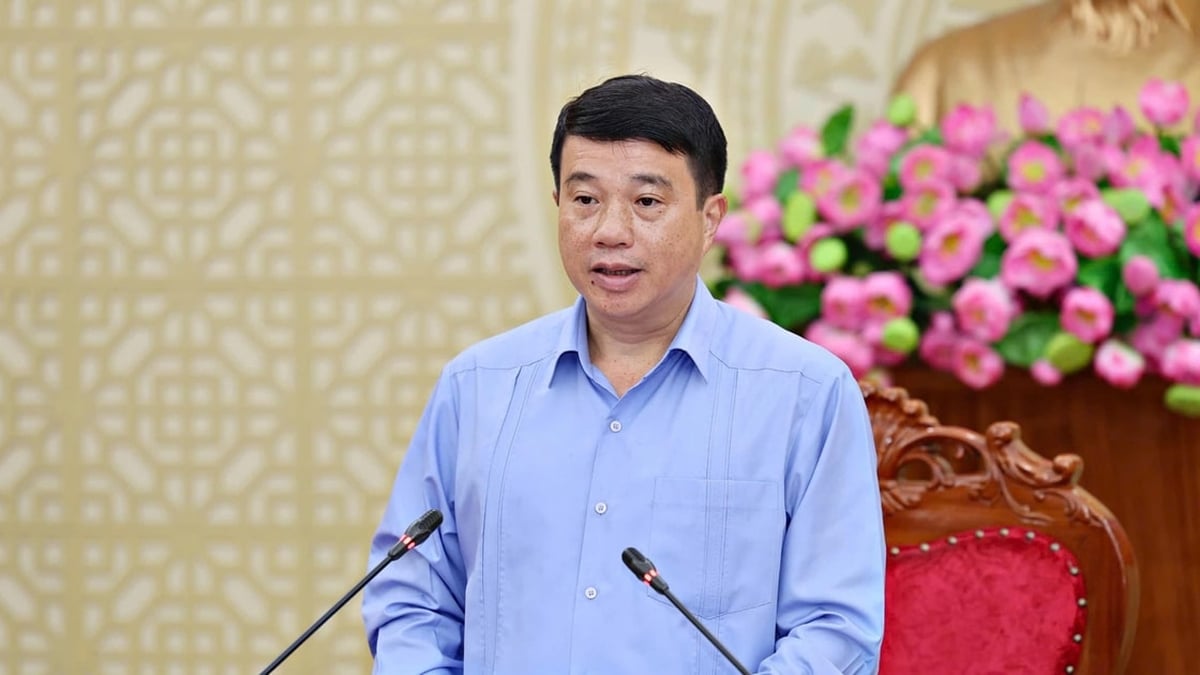
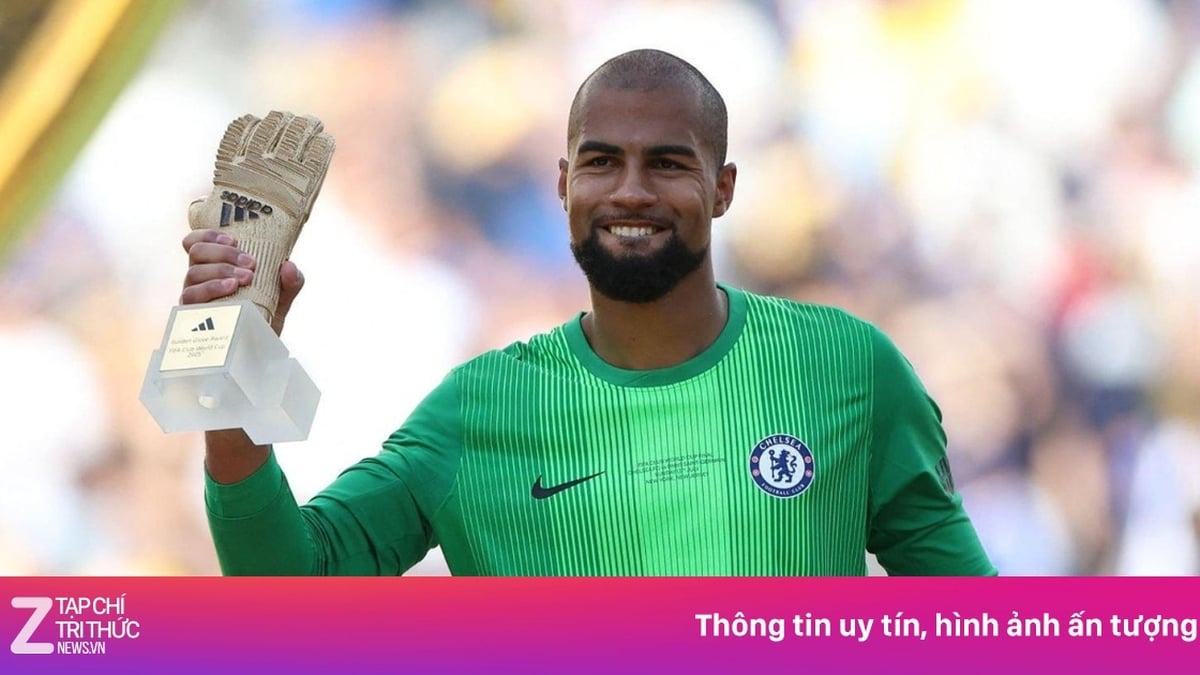

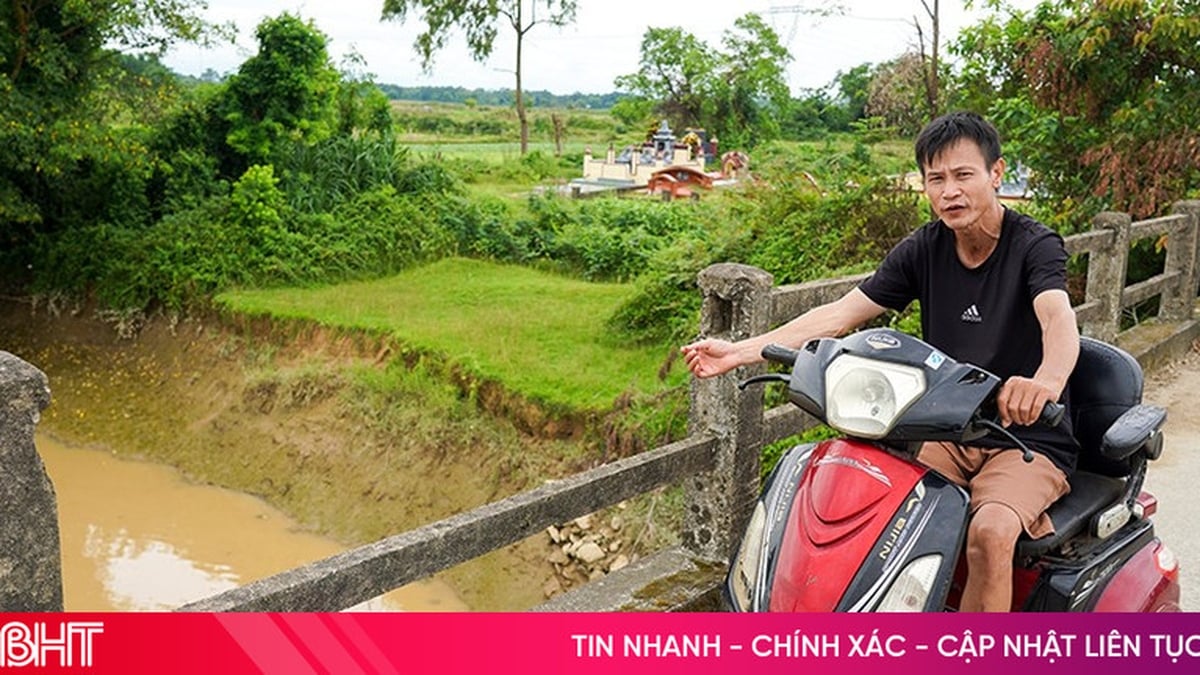

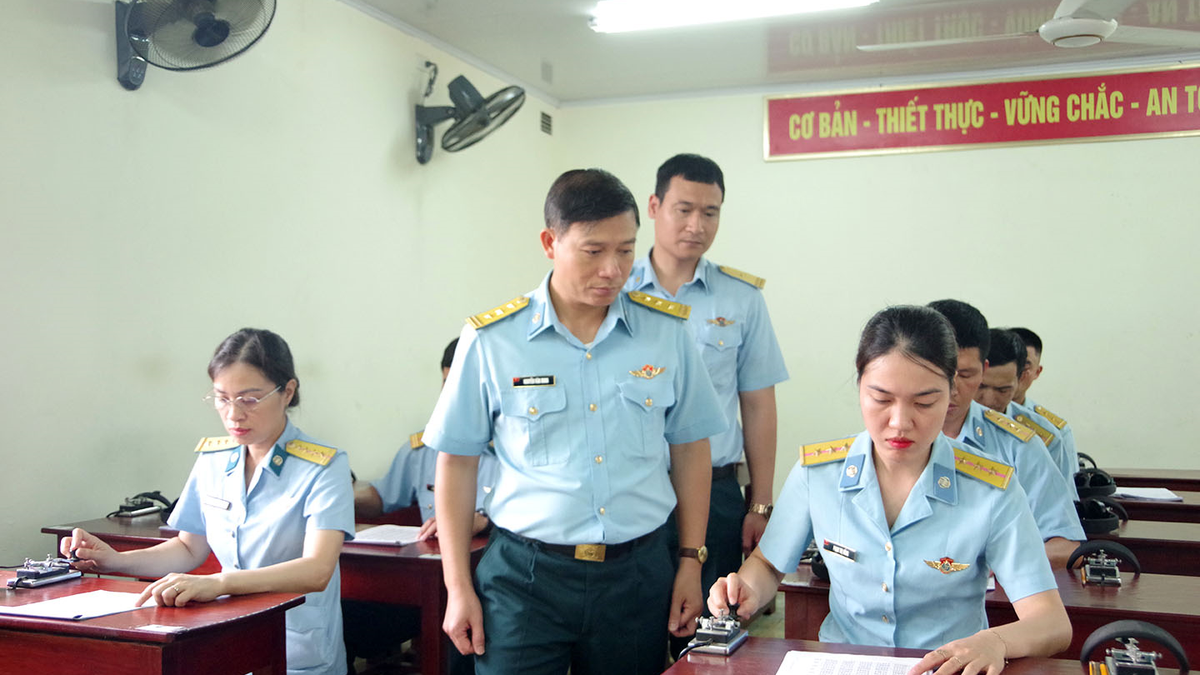
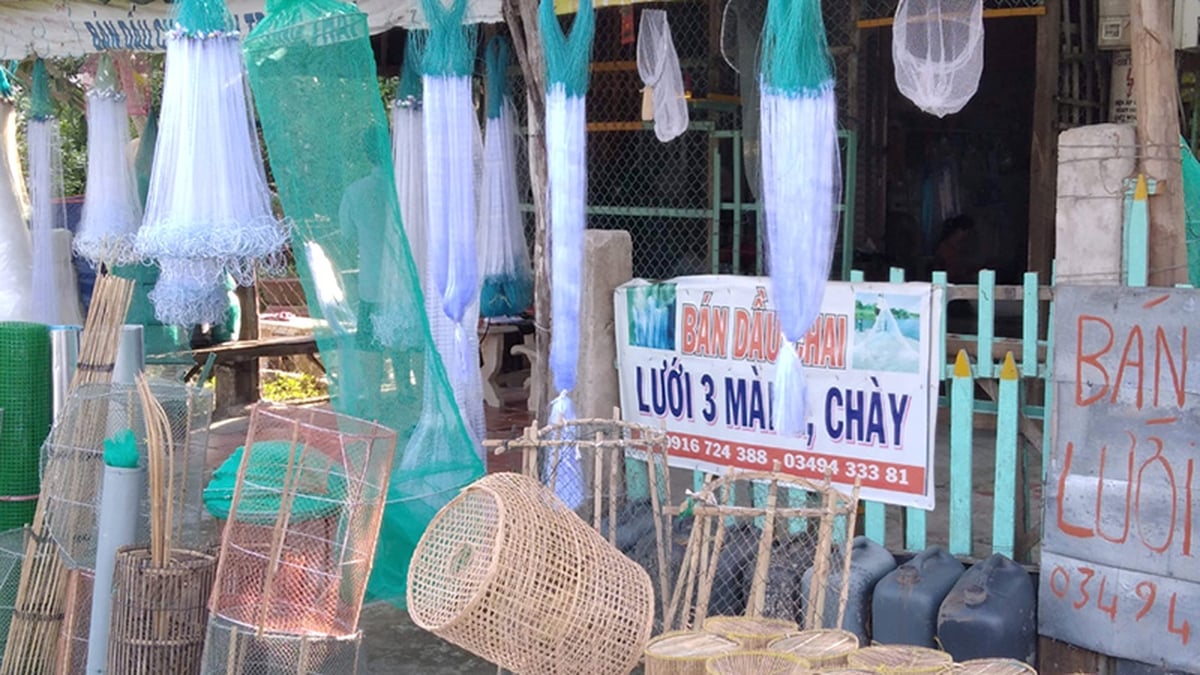
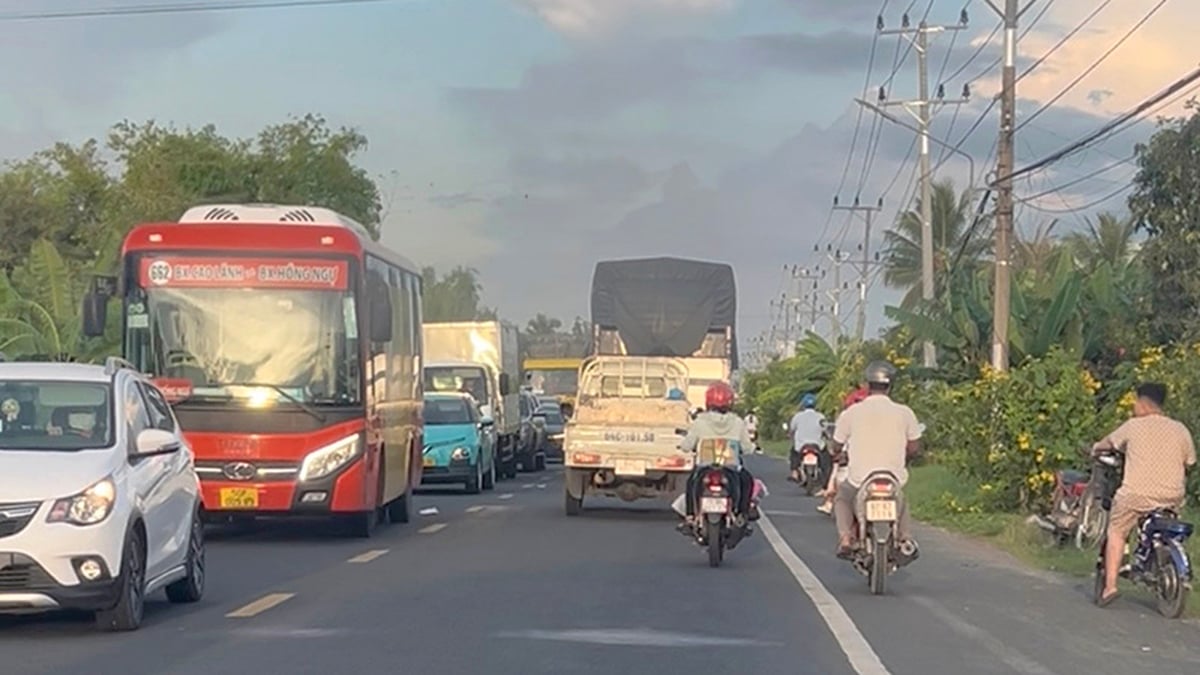
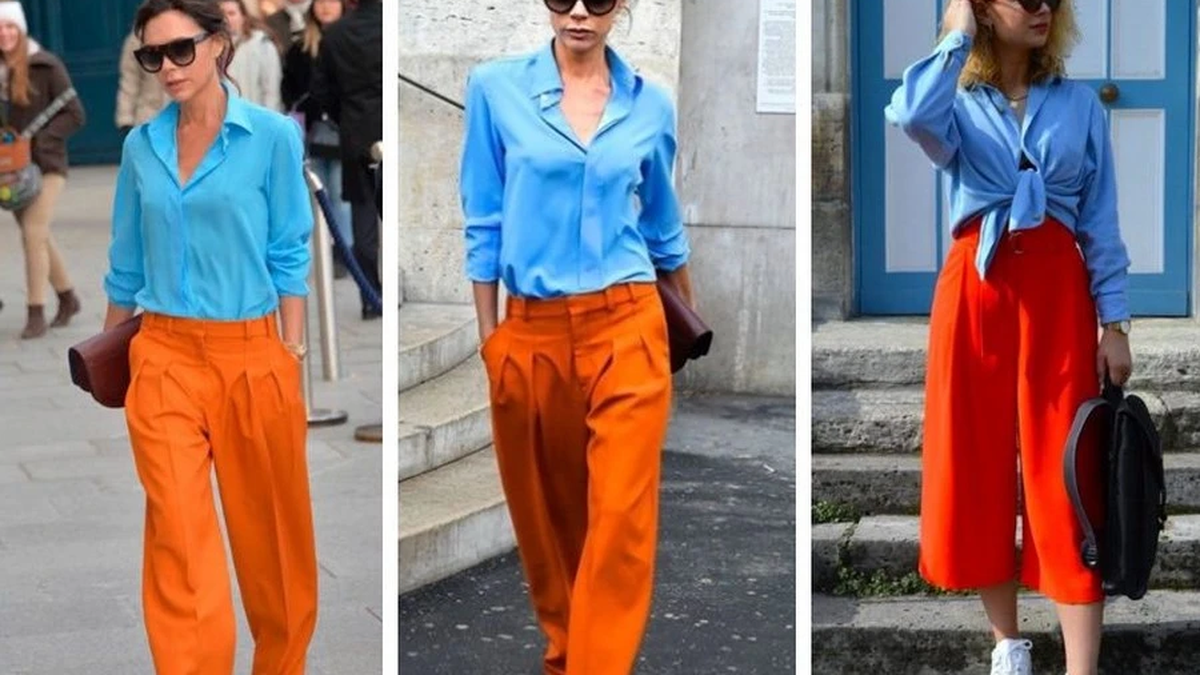
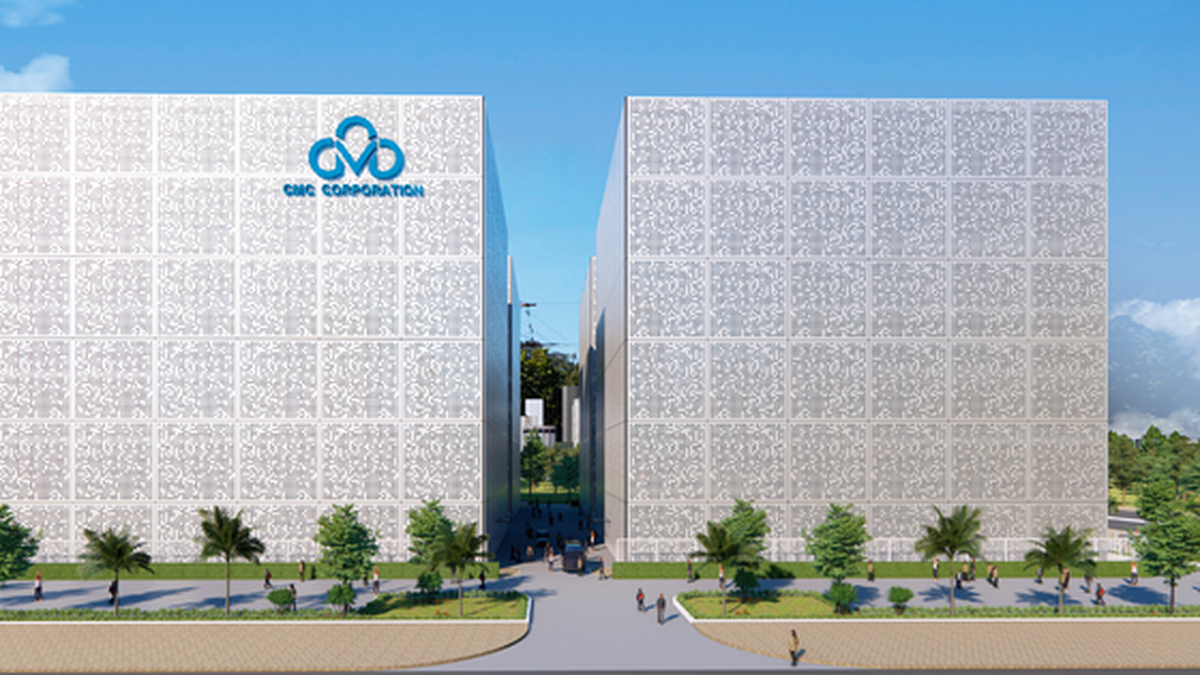










































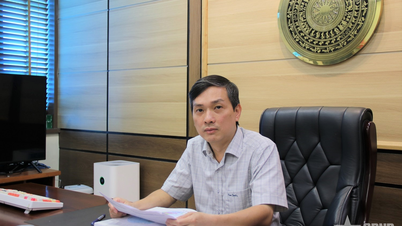








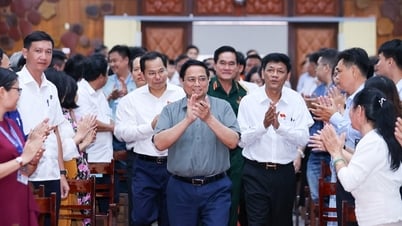


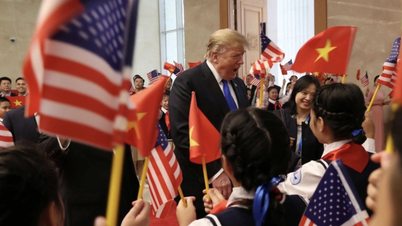

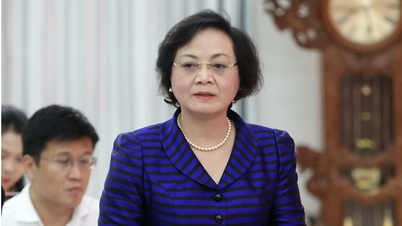

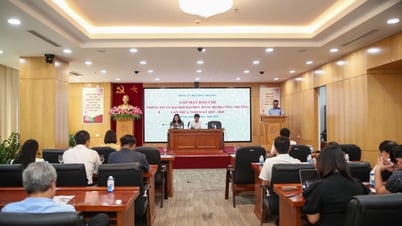


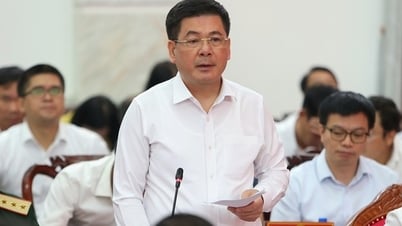

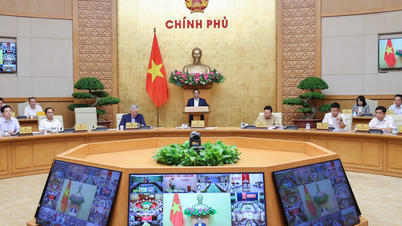

























Comment (0)